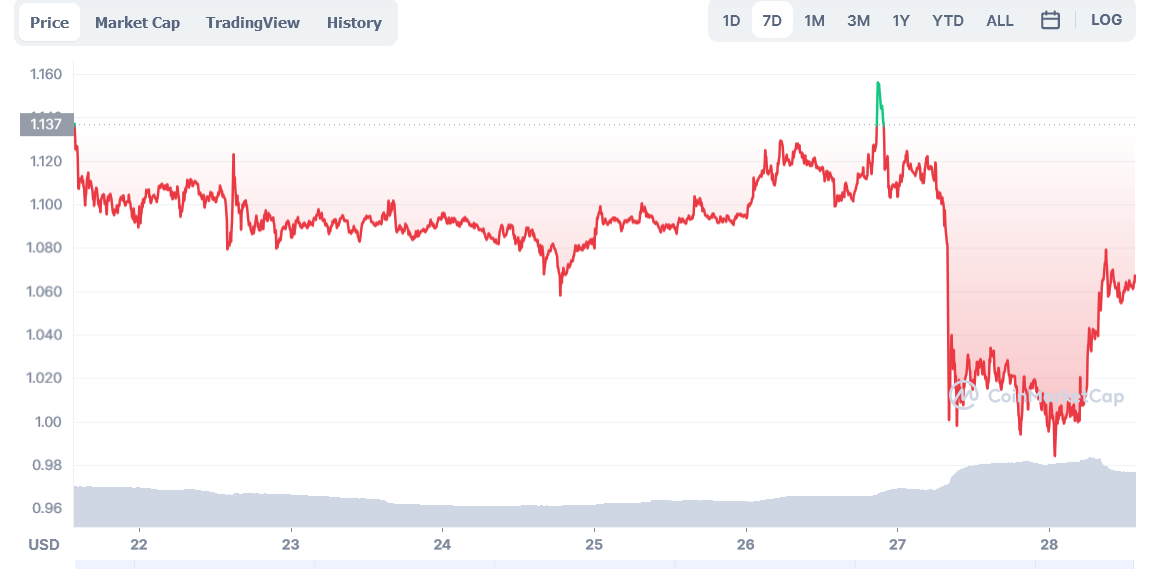As the digital world continues to grow, the importance of secure and trustworthy online systems has become paramount. Blockchain technology, with its decentralized, transparent, and immutable nature, has emerged as a powerful tool for ensuring security and trust across various digital platforms.
In this guide, we’ll explore how blockchain strengthens security in online systems, from financial transactions to gaming, and discuss how it enables a more secure and reliable online environment.
How Secure and Reliable is Blockchain?
One of blockchain’s key features is its immutability. Once data is added, it cannot be changed or deleted, providing a permanent record. This makes it particularly valuable for sectors where data integrity is crucial, such as finance and healthcare. Blockchain’s structure ensures that sensitive information remains protected from unauthorized alterations.
Blockchain also enhances data security through encryption. Transactions are encrypted, meaning that only authorized parties can access specific information.
This combination of transparency and data protection offers a secure way to manage sensitive information, from personal details to financial records.
Types of Trusted Transactions Produced by Blockchain Technology
Direct Peer-to-Peer Transactions
Traditional systems often require intermediaries like banks to verify transactions, which can increase costs and processing times.
Blockchain eliminates this need, allowing direct peer-to-peer transactions. This approach not only reduces costs but also speeds up transactions, with the blockchain network itself verifying each action instead of relying on a third party.
Automated Smart Contracts
Smart contracts are a core innovation in blockchain technology. These are self-executing contracts where the terms are directly coded into the blockchain.
When specific conditions are met, the contract automatically enforces itself without human intervention. By removing intermediaries and automating transactions, smart contracts increase transparency and trust in digital agreements.
Leading 3 Blockchain Key Industries in 2024
-
Wallets and Cryptocurrency Industries
As you know, blockchain technology has been the foundational reason for the rise of digital wallets from the very beginning. Blockchain’s secure, decentralized, and transparent structure enables users to store, send, and receive digital assets without relying on a centralized entity. This technology provides a secure way for users to hold cryptocurrency, ensuring that transactions are transparent and traceable.

Blockchain’s role in powering wallets has been instrumental in building trust among users, making it possible to verify the origin, authenticity, and security of every transaction. As a result, blockchain-driven wallets have become an essential tool in the crypto industry, fostering a secure and reliable environment for digital assets.
-
Online Gaming and Betting Platforms
In traditional online gaming, players often question the fairness of games. Blockchain addresses this issue by introducing provably fair games, where cryptographic algorithms ensure game outcomes are random and free from manipulation.
By recording game processes on an immutable ledger, blockchain-powered provably fair games allow players to verify that outcomes are genuine. This level of transparency builds trust, making blockchain-based gaming environments secure and fair for all participants.
-
Online Voting Systems
Blockchain has the potential to transform online voting by offering a transparent, secure way to record votes. Each vote is recorded on an immutable ledger, preventing tampering and ensuring accurate election results.
Additionally, blockchain-based voting systems keep votes verifiable and anonymous, addressing concerns about voter privacy while maintaining election integrity. With no single point of control, blockchain is highly resistant to interference, making it a promising tool for securing online elections.
Challenges and Limitations of Blockchain
Scalability
Blockchain networks can face scalability issues as more transactions are added. High transaction volumes can slow the network, making it challenging to handle large amounts of data efficiently. Layer 2 technologies, sidechains, and new consensus mechanisms, like Proof of Stake (PoS), are emerging to address these limitations and improve blockchain’s processing capabilities.
Energy Consumption
Proof of Work (PoW) blockchain networks, such as Bitcoin, are energy-intensive due to the computational power required for mining.

This has raised sustainability concerns. However, newer consensus mechanisms, such as PoS, offer more energy-efficient alternatives, reducing the environmental impact and making blockchain a more sustainable solution.
Adoption Barriers
Despite its potential, blockchain adoption is hindered by technical complexity and a general lack of public understanding. Many businesses hesitate to adopt blockchain, concerned about the perceived difficulties in integrating it into existing systems. However, as the technology matures and user-friendly platforms emerge, these adoption barriers are likely to decrease.
Conclusion
Blockchain technology is revolutionizing how we build trust and security in online systems. Its decentralized and transparent structure, coupled with advanced cryptographic algorithms, provides a reliable and secure way to manage transactions, secure data, and verify processes. Whether used in online voting, gaming, or supply chains, blockchain is proving to be a transformative force.
While scalability, energy use, and adoption challenges remain, ongoing advancements are addressing these issues, positioning blockchain as a key element in the digital landscape’s future. As more businesses and individuals adopt blockchain technology, we can expect a more secure, transparent, and trustworthy online environment.
Market Maestro: With an uncanny ability to predict the ups and downs of the crypto market, Jordan is our go-to for all things investment. Just don’t ask him for lottery numbers; he says it’s a different kind of prediction magic.



